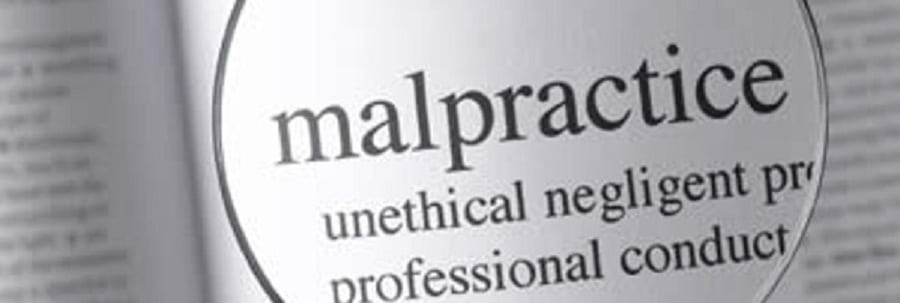In a recent interesting District Court case in Florida [Joseph M. McKenny, 121 AFTR 2d 2018-337 (DC FL)], the court found that a settlement obtained in a “malpractice” lawsuit was nontaxable, while the legal fees and taxes associated with the settlement were found to be nondeductible.
In this case, the plaintiff (Joseph McKenny) hired an accounting firm (Grant Thornton) to provide advice for the automobile consulting business that he owned as a sole proprietor with his wife. Grant Thornton advised the couple to form an S corporation that would ultimately be owned by an Employee Stock Ownership Plan (ESOP) in order to minimize income tax liabilities.
The recommended income tax strategy was, indeed, legal at the time it was suggested. Unfortunately for the taxpayer and his spouse, the tax adviser failed to properly implement the plan, which ended up costing them over $2.2 million in tax, interest and penalties for the tax period 2000-2005.
The taxpayers filed a lawsuit against Grant Thornton and sought damages for malpractice, breach of contract, and violations of the Missouri State Merchandising Act, claiming actual damages at nearly $8 million, however, they ultimately settled for $800,000. Their tax return for the year of settlement was prepared excluding the settlement, but, at the same time, deducting legal fees and the difference between the settlement amount and additional taxes paid as a “loss.”
A Florida district court held that the $800,000 settlement was a “nontaxable return of capital,” but the deduction for legal fees was denied because the taxpayers sued the tax adviser individually, not on behalf of the company, making it a nondeductible personal expense.
The loss for additional income taxes paid also were denied because the taxpayers agreed to not deduct the amount as a loss when negotiating with the Internal Revenue Service on the amount owed, so they were bound by that agreement.
Planning for taxation of amounts received in legal actions either through settlement or adjudication, is a complex matter requiring careful consideration and thought. Moreover, the use of Employee Stock Ownership Plans, while extremely beneficial in the proper circumstances, requires absolute attention and focus on a complex set of rules issued by the Internal Revenue Service, as well as the Department of Labor.
Should you have an active legal action underway, or if you wish to discuss how an ESOP might work in your company, please contact Bob Grossman or Don Johnston for insights on how best to structure the expected award.






